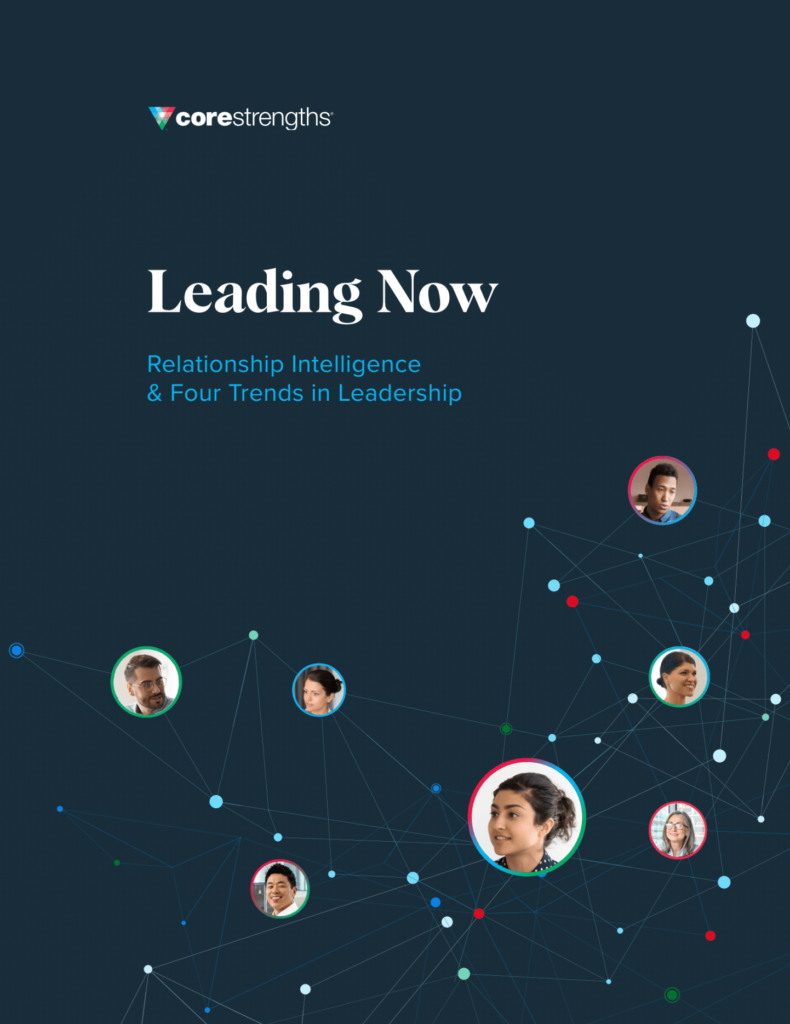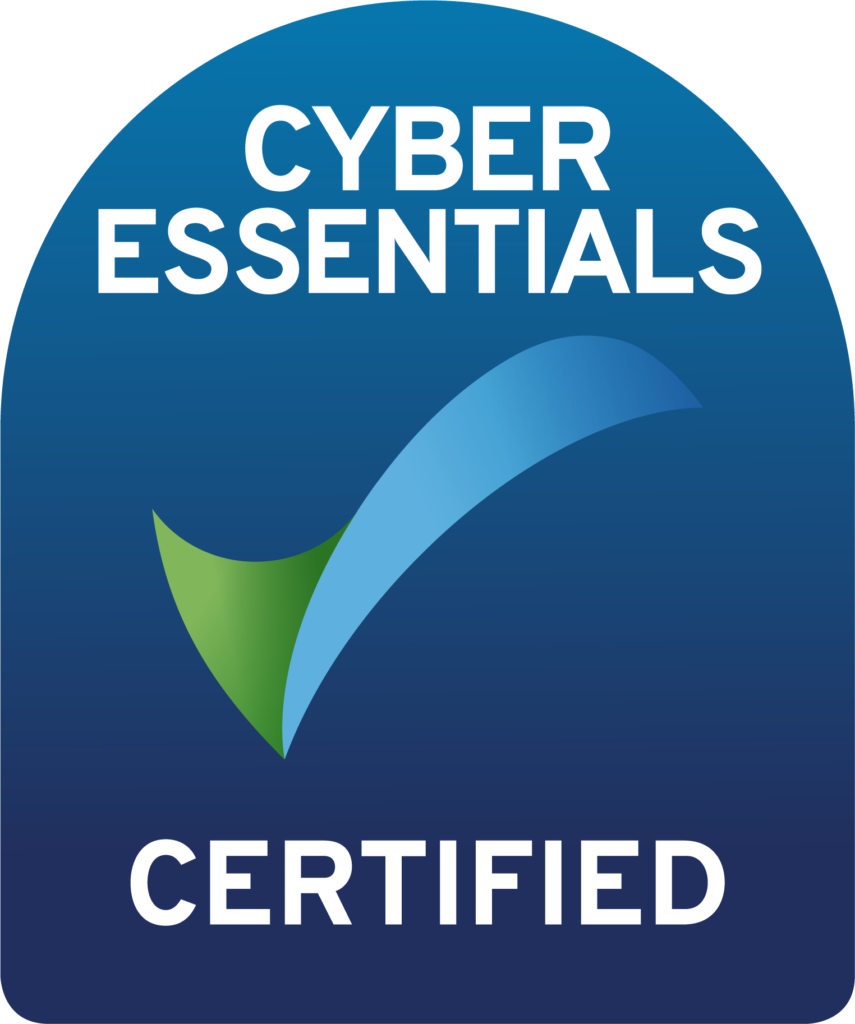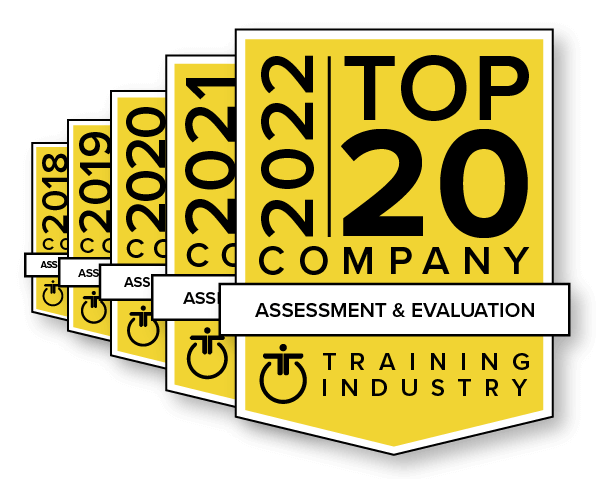Few things are more frustrating than hearing co-workers constantly shifting blame and denying accountability for the results of their teams.
What’s worse, however, is reacting to those co-workers by expressing the same types of frustrations.
Accountable people are different. They take ownership of their responsibilities and take initiative to make things happen. They connect what needs to be done with why it’s important—to them, the organization, and other key stakeholders. This link sparks initiative and opens the door to a wide array of strengths that can be chosen based on the situation and the needs of the people involved.
Accountability is a liberating and energizing force, but it does limit our vocabulary when interacting with people. So one way to see if accountability is an issue for you or your teams is to listen to what’s being said. Specifically, here are 10 things accountable people never say…
1. I don’t have a choice.
We always have choices, but people allow their personal filters and the circumstances they’re in to limit their perception of choice. We can only choose from the options we see, so if we have a self-limiting view, we don’t see all of the options we have.
2. There’s nothing I can do about it.
Accountable people initiate action by recognizing the wide array of strengths that are at their disposal. Research suggests that people can access at least 28 relational strengths to interact more productively with colleagues and customers.
3. I’m the victim.
Accountable people take ownership. They don’t ask, “Why me?” Instead, they ask, “What can I do to make things better?”
4. It’s not my fault. Blame …
Whether their actions caused the problem or not, accountable people focus on finding solutions, rather than affixing blame. They see the bigger picture in terms of what’s most important, so if one approach doesn’t work, they regroup and try again.
5. We need better communication.
Accountable people focus on understanding the motives of others, rather than criticizing them for a lack of communication or not communicating in a particular style. They seek to understand the other person’s concerns, so they can connect and give them what they need.
6. It’s not my job.
Accountable people are fully committed to the team’s success—whether the team is their department, a cross-functional collaboration, or the organization overall. This mindset destroys the silo mentality that often has departments working toward conflicting purposes.
7. If I only had more time…
In today’s fast-paced, 24/7 business environment, there are constant demands that stretch us thin; however, accountable people use a timely process to accurately assess their high-stakes situations, mindfully choose the right strengths at the right time, and quickly engage others in finding solutions that work—within the constraints of time.
8. Someone should hold her accountable.
Accountability can’t be demanded or imposed. When we mandate behaviors, we may get compliance, but we may also get defiance or disengagement. True and sustainable accountability is personal; it begins with who we are at our core.
9. They need to change.
Accountable people recognize that they can’t change others, but they can engage them (even the frustrating ones) by honoring who they are and what they care about. This can be done authentically with a foundational understanding of self. In other words, accountable people say, “Change begins with me and the actions I take to create different outcomes.”
10. Can you fix this?
Accountable people activate their strengths to solve problems. They are after results, so waiting around for someone else to provide solutions or give direction doesn’t address their goals.
Accountability is a skill people can develop. If you’re hearing statements like these in your organization, consider developing the accountability skills of your team through the Core Strengths Accountability training. It provides:
- A new and actionable definition of personal accountability.
- A way to access 28 relational strengths based on the needs of the situation and the people involved.
- Deep insight into motivation under two conditions—when things are going well and when there is conflict.
- The ability to transcend the limitations of personal filters that distort our assessment of situations and other people.
- A practical process for making better, real-time decisions about how to interact with people in challenging, high-stakes situations.









